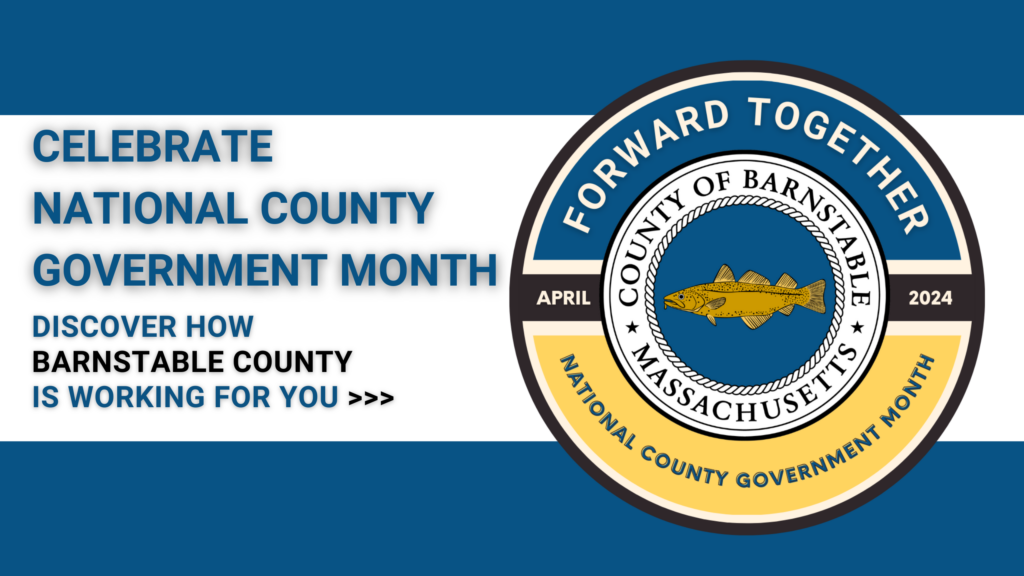
Kindness is Good for Mental Health and Overall Well-being

Today, November 13th, is World Kindness Day, which kicks off World Kindness Week. It’s an important time to remember how much kindness and positivity impact our well-being and the lives of those around us. In fact, it’s apparent that kindness really can change everything – from mental health to overall wellness, to our community right here on Cape Cod and the world as a whole. The more we exercise it on ourselves and others, the happier and healthier we’ll be.
Have you ever had someone in a car in front of you–a stranger–pay for your coffee in the drive-thru lane of Dunkin’ Donuts? How did that make you feel? Did you drive off with a smile on your face and the desire to pay it forward? Did it set you up for a good day? If you want to commit a random act of kindness, here are some ideas to get you inspired: The Random Acts of Kindness Foundation | Kindness Ideas.
Kindness doesn’t have to involve gifts or money. Look up and make intentional eye contact with someone and smile, then see what happens. They may just smile back. And while neither of you probably takes too much notice, it sets you up for further positive interactions and even improves your health. A research article published in the National Institute of Health’s National Library of Medicine states, “findings from both naturally occurring smile studies and experimentally manipulated smile studies consistently suggest that smiling may have a number of health-relevant benefits including beneficially impacting our physiology during acute stress, improved stress recovery, and reduced illness over time”.
According to an article by the Mayo Clinic (Practice the art of kindness – Mayo Clinic Health System), kindness has been shown to increase self-esteem, empathy and compassion, and improve mood. It can decrease blood pressure and cortisol, a hormone directly correlated with stress levels. People who give of themselves in a balanced way also tend to be healthier and live longer. Kindness can increase your sense of connectivity with others, decrease loneliness, combat low mood and improve relationships. It also can be contagious, encouraging others to join in with their own generous deeds.
Oxytocin is the stress reducing chemical that is responsible for the positive effects of kindness. It is released in our brains when we give or experience kindness. In addition to reducing blood pressure and decreasing cortisol levels, it is also thought to decrease inflammation in the body and may be protective against obesity and cancer. Learn more at The science behind kindness and how it’s good for your health (ssmhealth.com).
Kindness isn’t just something we should practice for others, but for ourselves as well. An article in the Harvard Business Review points out the following: “Research suggests that one of the most effective ways to alleviate stress, worry, and general anxieties about our life is to practice more deliberate kindness and self-compassion. When you say affirming things to yourself or look beyond the difficult moment toward the bigger picture, it draws your attention away from what you can’t control and pushes you to focus on what you can. In turn, you’re likely to understand what you need to cultivate more joy, gratitude, and satisfaction in your life.”.
So today and all this week, set some intentions to be kind to yourself and others and see how it changes you. Do you feel lighter? Calmer? More fulfilled? Did you sleep better or feel less anxious or stressed? Were your relationships positively affected? Did you make a difference in someone else’s mood or state of mind? Did you inspire someone else to be kind to a stranger or someone in their lives?
If you want to learn more about this interesting topic, check out: World Kindness Day: Improving Mental Health through Kindness (discoverymood.com).



